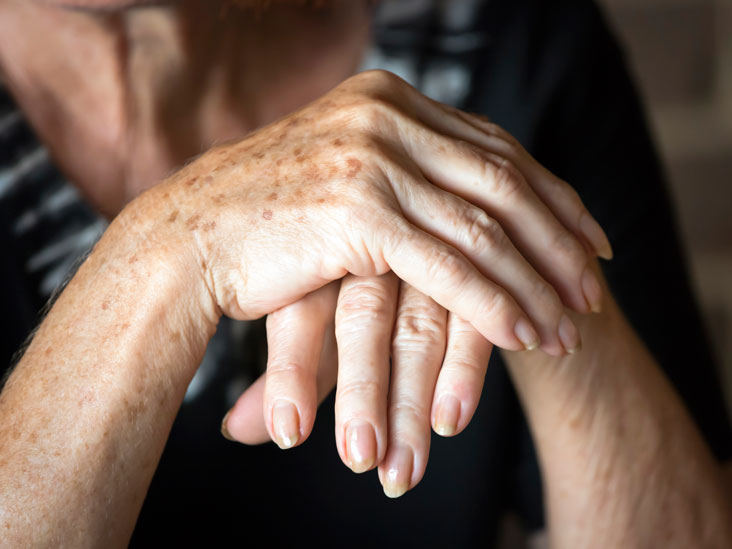Paronychia is a nail disease which makes the skin swollen, red and sore. It can be bacterial or fungal in origin, usually affecting the nails of the hands and feet. Susceptible areas are where the skin and nail meet at the side or the base of a toenail or fingernail. It can come on gradually (chronic paronychia) or quite suddenly (acute paronychia).
Signs and symptoms
The skin around the nail will likely be itchy, hot and painful. Usually pus is present too, along with gradual browning and thickening of the nail itself.
Acute paronychia is typically caused by bacteria. The infection is generally treated with antibiotics, either oral, topical or both. Chronic paronychia is most often the result of a yeast infection in the soft tissues surrounding the nail but can also be traced to a bacterial infection. If the infection doesn’t fully clear and keeps reoccurring, it could well be fungal and require the application of antifungal paint or cream.
People who repeatedly wash their hands, for example those working in catering or childcare, and those who bite their nails regularly, are at most risk of Paronchia.
Treatment
Warm soaking of the affected area using a small amount of salt water can help to ease symptoms and clear mild infections. Antibiotics such as cephalexin and clindamycin may also be used, but if there are signs of an abscess then drainage is recommended.
Chronic paronychia is treated by avoiding whatever is causing it, a topical antifungal, and a topical steroid. If the patient’s condition does not improve, steroids and oral antifungals may be used, or the nail fold might need to be removed surgically.
Learn the basics around minor injuries and how they’re treated with our scheduled CPD courses
Do you feel confident in telling the difference between a simple self-healing skin infection and something more serious? Spotting any worrying symptoms like pus, a fever or the skin feeling very hot can make all the difference to your patient’s prognosis. In some cases minor surgery may be required and this is where our CPD courses may prove useful.
Designed specifically for nurses and front line allied health professionals, PDUK offers a couple of excellent CPD courses in minor surgery and minor injuries; Minor injury essentials: accredited by the RCN Centre for Professional Accreditation and Minor surgical procedures. Both courses are ideal for junior doctors, nurses and other allied health professionals and are worth between 7 and 21 hours of CPD (depending which one you choose).
Both held at St. Bart’s hospital in London, the courses offer a firm grounding in minor injury diagnosis, treatment, aftercare and review. There are several dates available between January and June 2020, although spaces are limited so it’s well worth booking early. All course material and refreshments will be provided.






